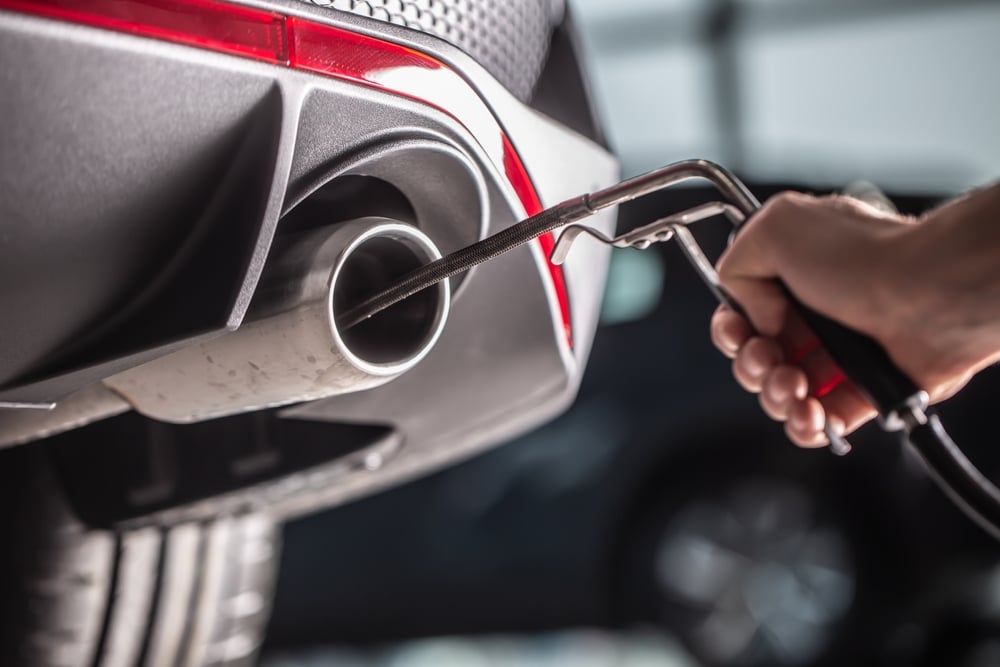
You just got your emissions test results back, and they weren't what you were hoping for. Your car failed the emissions check. Now what? Don't worry; we're here to help. In this blog post, we will discuss the most common reasons cars fail emissions checks and how to avoid them. Stay tuned!
While there are many reasons why your car might fail an emissions test, a few are more common than others. Here are the six most common reasons cars fail emissions checks:
One of the most common reasons cars fails emissions tests is because they are overdue for an oil change. If your vehicle is due or past due for an oil change, the oil has likely become contaminated with engine deposits and sludge. These contaminants can cause your car to emit higher levels of pollutants.
A dirty air filter can also cause your car to fail an emissions test. This is because a dirty air filter restricts airflow to the engine, which can cause the engine to run richer and produce more emissions.
Fuel system leaks are another common reason cars fail emissions tests. Fuel system leaks can allow unburned fuel to enter the exhaust system, which will increase emissions.
The catalytic converter is an important part of the emissions control system. If the catalytic converter is not working properly, it can cause your car to fail an emissions test.
The EVAP system is designed to capture and recycle fuel vapours before entering the atmosphere. However, if there is a leak in the EVAP system, it can allow fuel vapors to escape, which will increase emissions.
The oxygen sensor is responsible for monitoring the air/fuel mixture in the engine. If the oxygen sensor is not working properly, it can cause your car to run rich, which will increase emissions.
If your "check engine light" is on, there is a problem with the emission control system. You will need to get the issue diagnosed and repaired before passing an emissions test.
It is important to ensure your car is running properly before taking it in for an emissions test. Here are some tips on how to avoid having your car fail the emission test:
• Get your car serviced regularly. It will help ensure that all your emission control system parts are working properly.
• Make sure you have all required emissions-related repairs done. It includes repairing or replacing faulty components, such as the catalytic converter or oxygen sensor.
• If your "check engine light" is on, get the problem diagnosed and repaired before taking your car in for the emissions test.
• Make sure your car is properly tuned. A well-tuned engine will run more efficiently and produce fewer emissions.
• Be sure to use the correct fuel for your car. Using lower-octane gas than recommended can cause your car to run less efficiently and produce more emissions.
• Check your car's air filter and replace it if necessary. A dirty air filter can cause your car to run less efficiently and produce more emissions.
If your car fails its emissions check, don't panic. We have compiled a list of the most common reasons cars fail these tests so you can start troubleshooting and get your vehicle back on the road as soon as possible. Keep in mind that not all of these reasons may apply to your specific vehicle, so be sure to consult with Smog Hut Star Station in San Jose, CA if you have any questions or concerns.